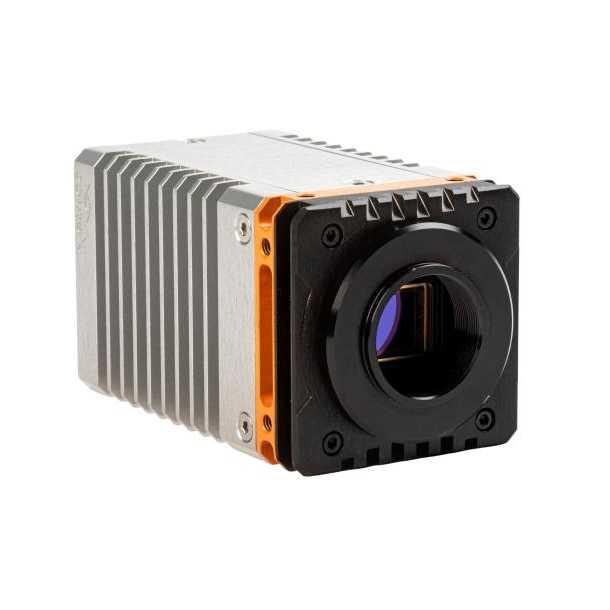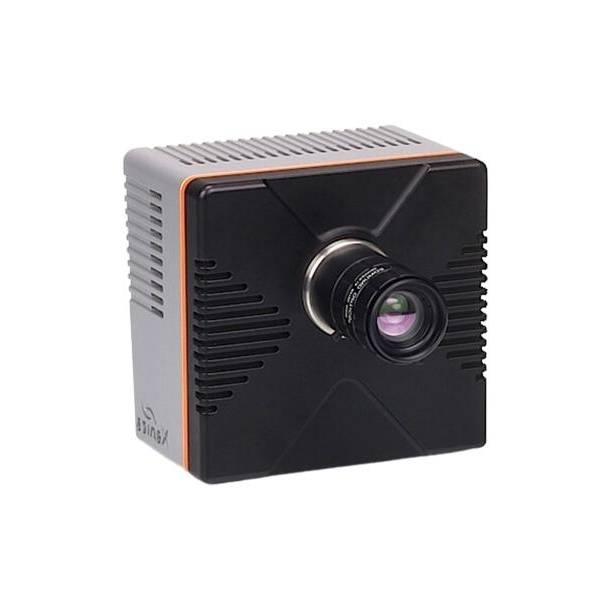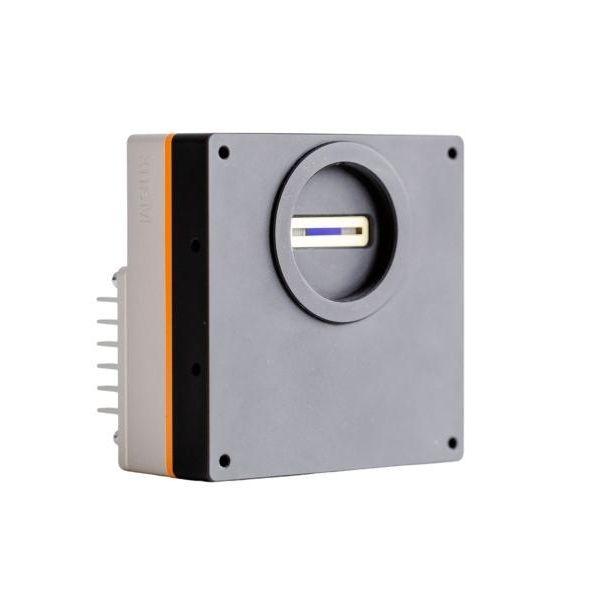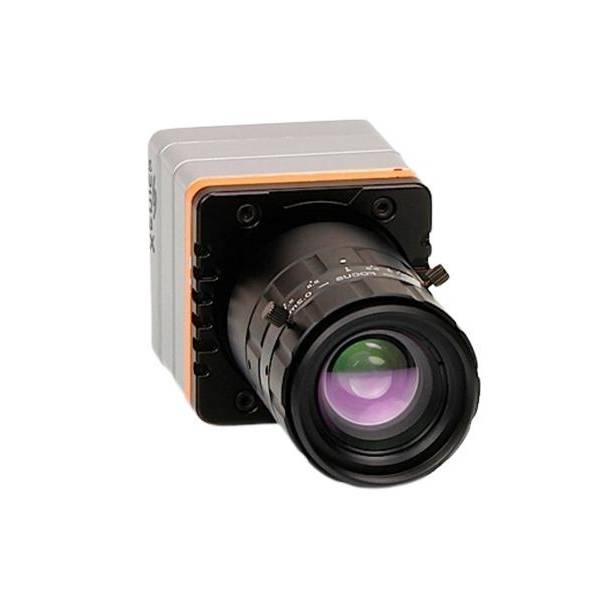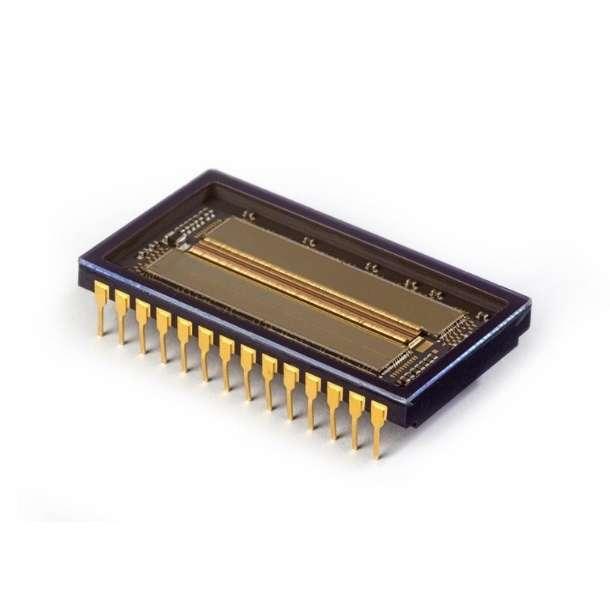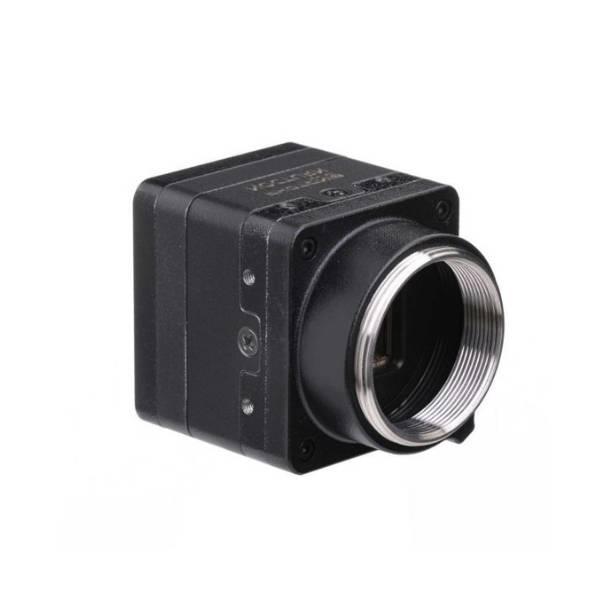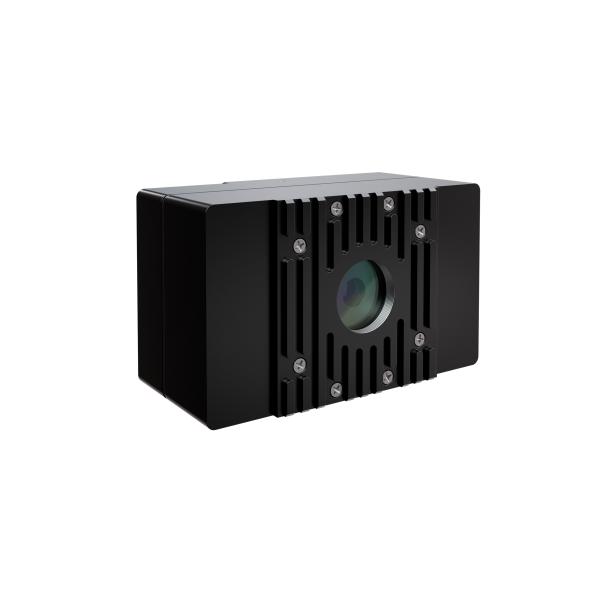The diagnosis of eye diseases, such as glaucoma and Age-Related Macular Degeneration (ARMD), is a primary focus for ophthalmologists. Advanced imaging techniques, like those offered by Optical Coherence Tomography (OCT), have revolutionized this field. OCT enables essential diagnostic exams such as Fluorescein Angiography (FA) and Fundus Autofluorescence (FAF), providing detailed insights into retinal health and disease progression.
Optical Coherence Tomography (OCT) is a sophisticated, non-invasive technology similar to ultrasound, but instead of sound waves, it uses low-coherence light to capture high-resolution cross-sectional images of tissues. This imaging technique offers detailed visualization at the millimeter scale, revealing the intricate structure of the retina with exceptional clarity.
The effectiveness of OCT imaging relies on high-sensitivity, high-resolution sensors that capture clear images essential for accurate diagnosis. Exosens specializes in imaging solutions that enhance these diagnostic capabilities, designing low-light detectors and cameras specifically suited to clinical ophthalmology, as well as other medical and industrial applications. By integrating these solutions, practitioners gain a more precise view of eye diseases, enabling early and accurate intervention.
Further enhancing OCT capabilities, advanced systems now incorporate short-wave infrared (SWIR) technology. By using InGaAs detectors and cameras that operate in the infrared (IR) spectrum, these systems can penetrate deeper into tissues than those limited to visible light. This innovation allows for clearer and more comprehensive imaging, particularly useful in visualizing retinal layers that might otherwise remain hidden.
Xenics, a leader in SWIR technology, offers a range of InGaAs cameras tailored for OCT applications, such as the Cheetah+, Manx, and Wildcat+ series. These cameras deliver enhanced imaging depth and quality, making them indispensable for both medical and industrial OCT systems. With these advanced solutions, ophthalmologists can conduct more thorough exams, gain detailed insights into eye health, and improve the diagnosis and treatment of eye diseases.
Need some answers? Ask our experts!
Contact us
